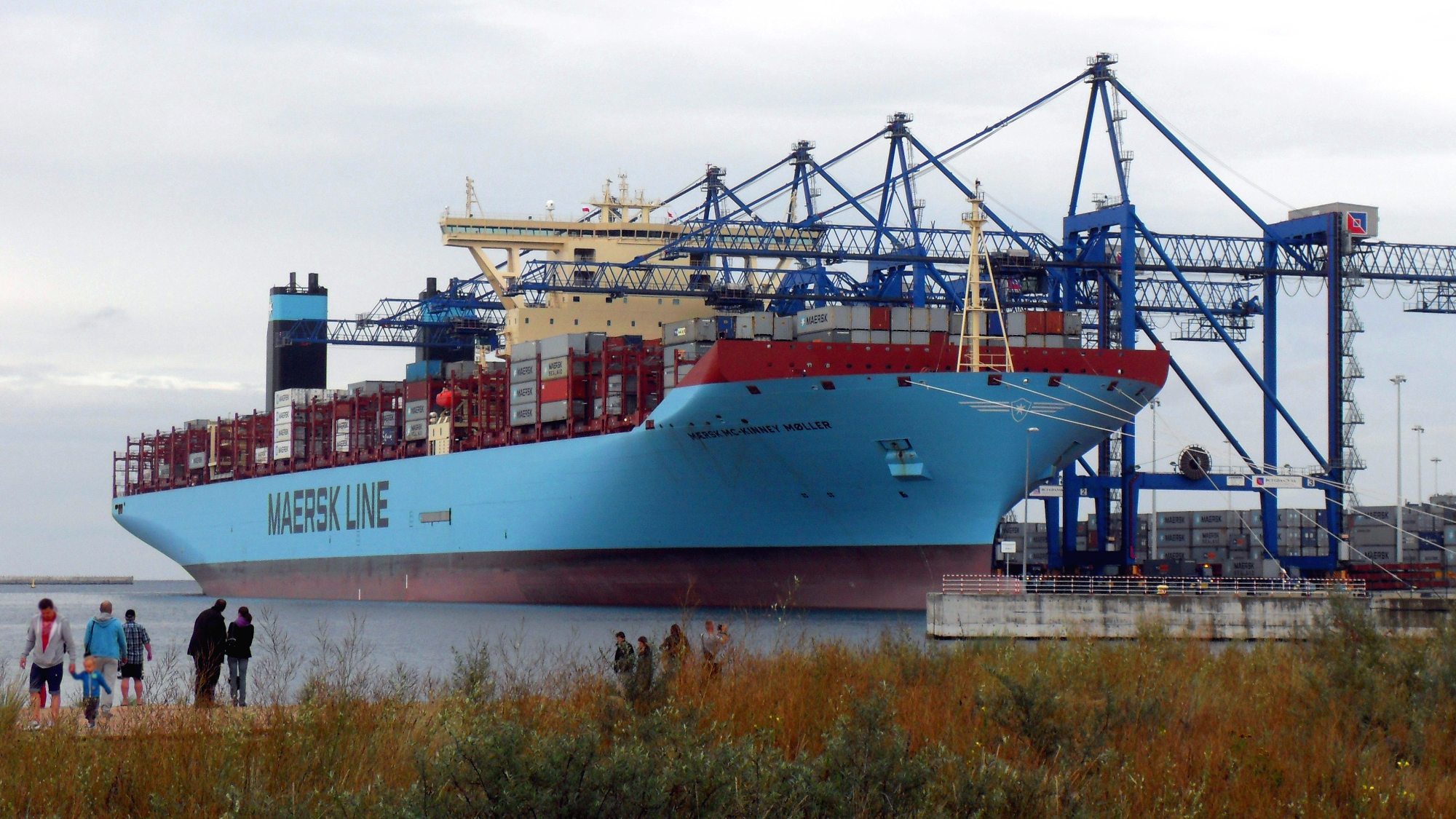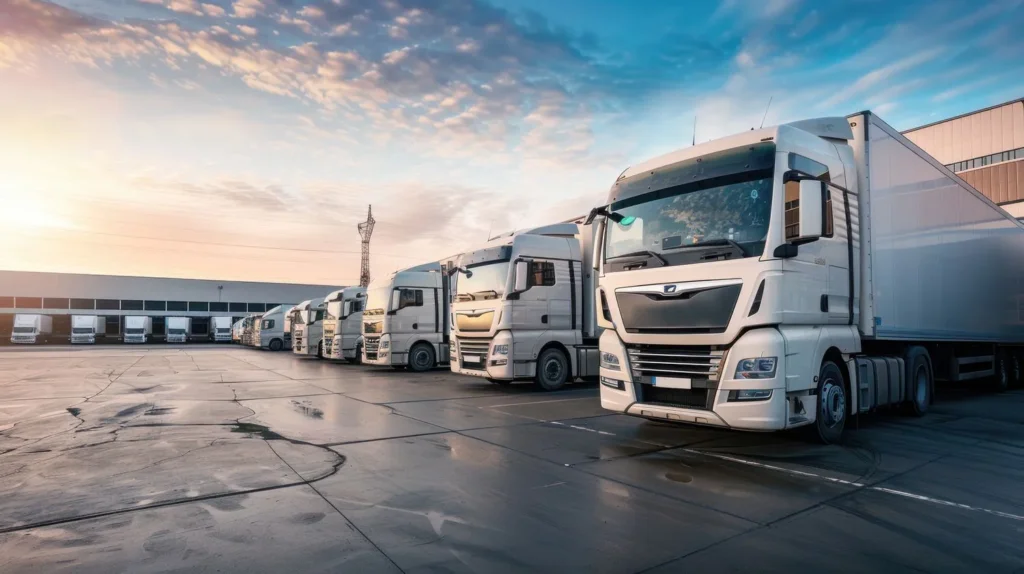Mette Maersk, one of the largest container ships in the world, can sail on a fuel that is a mixture of used cooking oil and heavy oil. The tests passed by a ship belonging to a Danish shipowner Maersk were successful.
This specific biofuel was developed in cooperation with the Dutch Sustainable Development Growth Coalition (DSGC) and Shell. It has proved carbon-neutral, which is important for the increasing number of companies using maritime transport.
The first customer of Maersk to use the container ship for transporting used cooking oil was the Swedish clothing company H&M. This enables H&M to reduce CO2 emissions from transport and logistics processes in its supply chain.
We are very determined to achieve a positive climate impact by 2040. However, this requires cooperation and commitment from all parties involved in the supply chain. We want to use our size to scale up innovative solutions such as carbon-neutral ocean transport for cleaner commercial transport,” said Helena Helmersson, Chief Operating Officer at H&M Group.
A step towards commercial viability
Currently, abandoning fossil fuels can be costly for shipowners, carriers and shippers. Their large-scale replacement, therefore, requires technological innovation and global political support. Therefore, attempts such as that made by Maersk can help to unlock the potential of alternative fuels, so that they become commercially viable.
Maersk estimates that the new fuel based on used cooking oil can reduce harmful emissions by up to 85% compared to traditional marine fuel. The company also declares that it will continue to develop and facilitate the implementation of solutions that will help to introduce more cost-effective options for CO2 neutral fuels in transport.
The Mette Maersk biofuel test has shown that decarbonisation solutions for transport are already available today, both from a technical and operational point of view. Although this is not yet the final solution, it can certainly serve as an interim solution to reduce CO2 emissions today,” explains Søren Toft, Maersk’s Chief Operating Officer.
Shipping is currently the most carbon-efficient mode of global transport. On the other hand, it is responsible for 2-3% of global emissions. This share will continue to grow unless action is taken to phase out fossil fuels.
Photo: Wikimedia/Artur Andrzej CC SA 3.0





